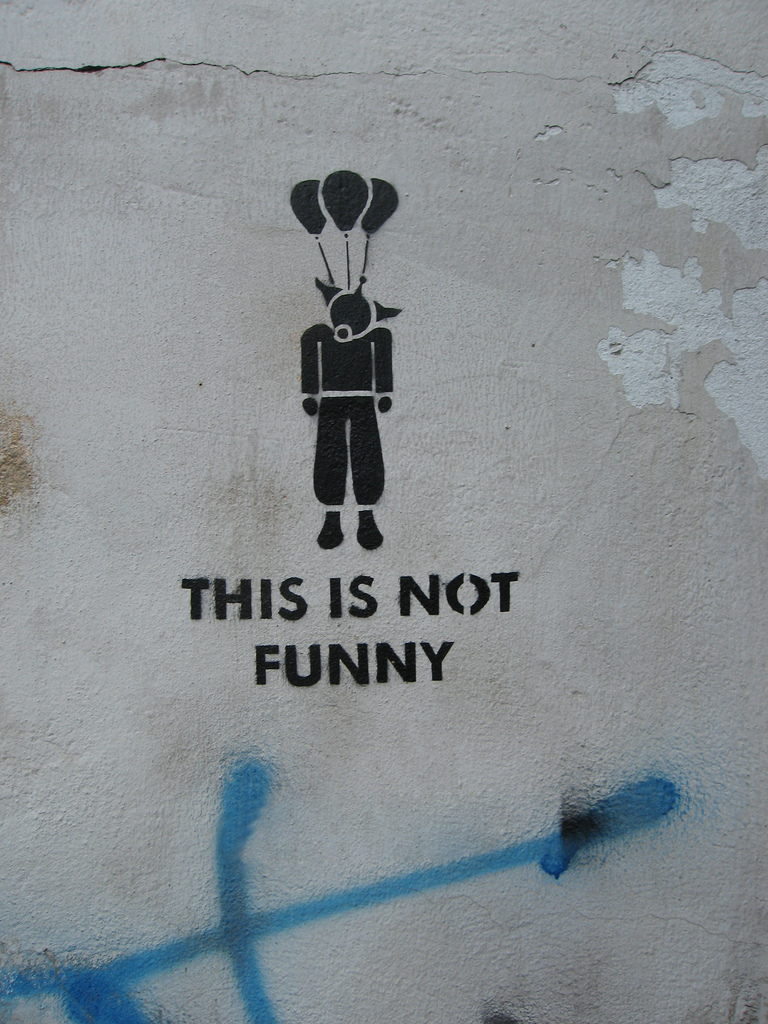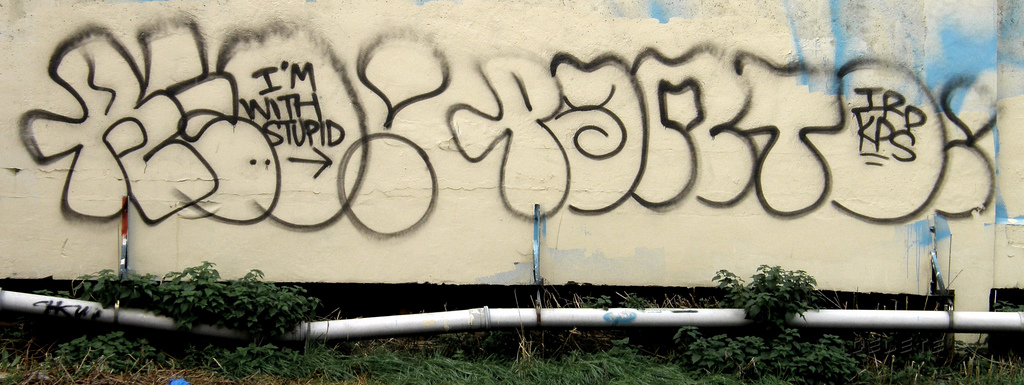Every day, it seems, we see an example of a company, or an individual social media marketer, doing something dumb on the Internet.The cycle goes something like:
- Brand or person says something dumb or offensive
- Other social media addicts/professionals see it, point it out, act offended
- Mainstream media picks it up
- Social media professionals write “lessons learned” posts because, you know, they all know better than you and they miraculously had a break from all that billable work they do so they could write such an ingenious post telling the rest of us how it is and how it should be – oh, and because “Oreo“
- Someone gets fired, and brand or person either digs a deeper hole or disappears
- True context of original offending remark is revealed and everyone takes a breath and backs off (HA! Had you there, didn’t I?)
I’m not going to write some sort of navel-gazing or preachy post dissecting the latest “offensive Tweet” scandal (the Justine Sacco Africa/AIDS thing), and what “social media marketing lessons” we can learn from it. That’s tired- and if it’s not tired, someone will do it better than I can before I hit “publish.”
So let’s step back a little and look at one of the main problems driving a lot of these contretemps, particularly this latest episode:
The problem is not that people are bad at marketing; they are bad at comedy.

It’s a popular sport to try to be clever to get attention (I am certainly guilty of that), but the ability to sense what is funny, clever, and most importantly, strikes the right tone, is frequently absent. Was Justine Sacco missing the mark with her “I’m going to Africa/Hope I don’t get AIDS/Haha I’m white” tweet? Most likely (notice I didn’t definitively say “no), and certainly it reflected poorly on her employer, even on a personal account (another topic for another post). Did GoGo, the in-flight wireless company, strike out by trying to joke about her inability to manage her disintegrating online reputation while in flight? Perhaps.
How can people and companies make these decisions? We’re marketers, PR pros, social media ninjagururockstars and companies, not performers!
Oops- we are performers. What a big stage we have. We should realize that. So who can help us with tone, timing, and just being good at banter and cleverness?
Professional comics.
Who gets away with saying outrageous things and still getting a laugh? Comics.
Who can put a punchline against a serious topic and still make the point? Comics.
Marketers should study comedy. Companies, agencies and trade shows should hire comics to teach workshops on being funny without killing your message and you brand.
Not everyone is naturally funny, but anyone should at least be able where they can draw the line of what not to say and when not to say it- and of after that, what they can actually get away with and be applauded for it.
So- be funny! But know how to do it first.
Isn’t breaking down the art of comedy into hundreds of words of prose entertaining? Let me know in comments.
Photo credits:
“I’m With Stupid” by delete08 on Flickr
“This is not funny” by zhouxuan12345678 on Flickr

“Going to the Internet. Hope I don’t make a joke. Just kidding. I’m a marketing content creator!” – See more goodness at http://www.annhandley.com/2013/12/21/justine-sacco-when-bad-gets-ugly
As an amateur comedy writer (I write a funny top ten blog with mostly original content) I get where you are coming from. But not every comic gets a pass. Just ask Steve Martin who had to do an apology tweet just recently.
There is a skill to doing comedy without being offensive. Take the Onion for example that printed an article on Nelson Mandela’s Death. How can you do something comic with that??? Calling him the first politician to actually be missed was comedic genius.
Adam, I was going to add Ann ‘s link to my post but you beat me to it.
Bill, excellent point. We shouldn’t assume all comics will be good for this. But the essential arts of timing and tone are things certain comics should be able to help with
I think I’m really funny. But then again, looks aren’t everything. (< that was a joke)
But to your larger point: "…we are performers. What a big stage we have. We should realize that." YES. I think any of us could use a little improv training, too — as Tim Washer (timwasher.com) always advocates.
I was thinking of Tim after I wrote this. He certainly understands the skills needed here, and might appreciate (or even deliver) this kind of training.
There are no hall passes in comedy (and our friend Tim Washer knows this). Comics are viewed with even greater scruntiny and it’s an outrage when THEY cross the line…I mean, whatever the line is. I think “the line” is the problem. As someone who consistently — and always and forever will — get complaints about my language and/or sense of humor following talks, workshops, or a blog post, I just don’t quite give a frog’s fine ass hair. The problem comes with brands that want to be funny and think that they’re not going to offend someone in the process. Of course you’re going to offend someone — you piss people off when you’re NOT being funny. Being funny isn’t any different. It’s more a matter of managing expectations, understanding that *someone* isn’t going to find what you do funny, and knowing whose opinions matter most. Case in point: there are people who think JT’s “Dick in a Box” sketch from SNL isn’t funny. Seriously? Now THAT is funny.
Know your audience. Honor your audience. Find the funny. And as Tim would say…follow the fear.
Tim Washer…calling Time Washer (taps mic).
Nice